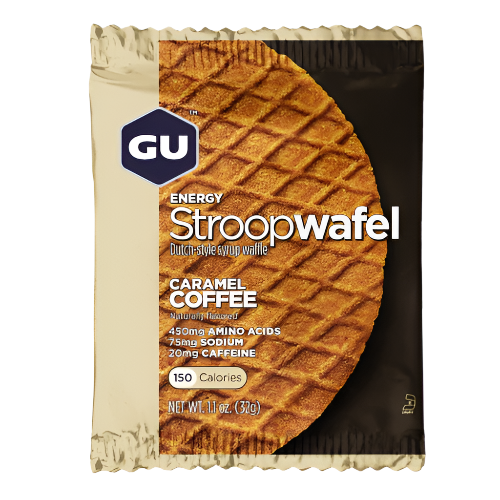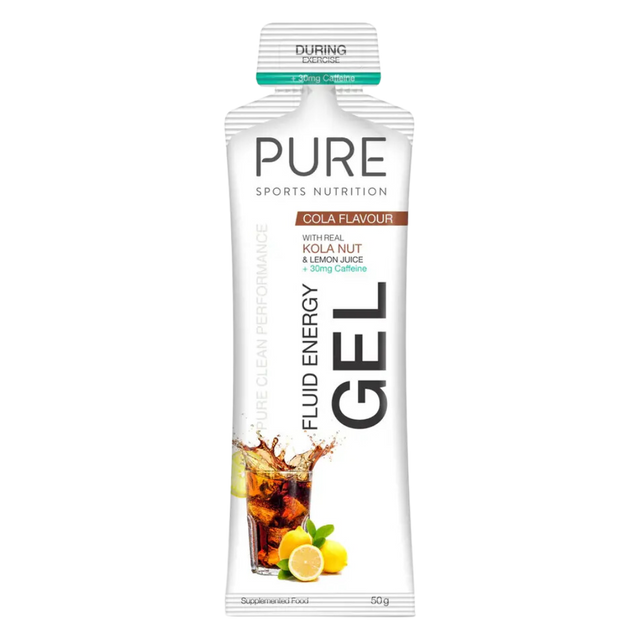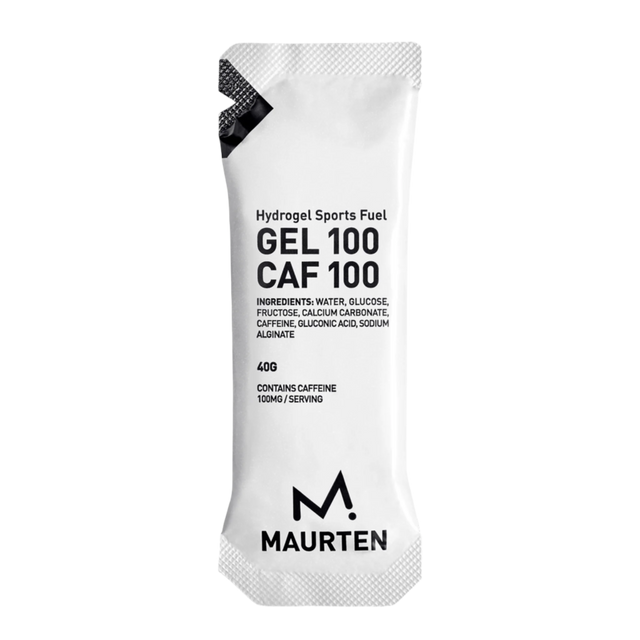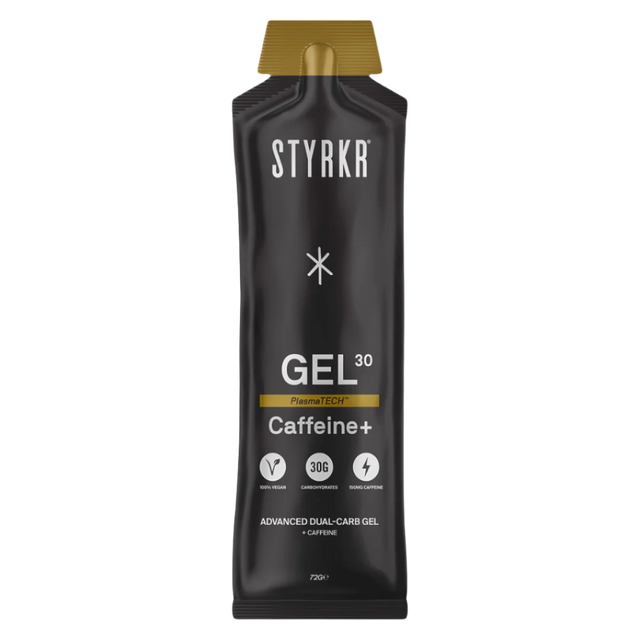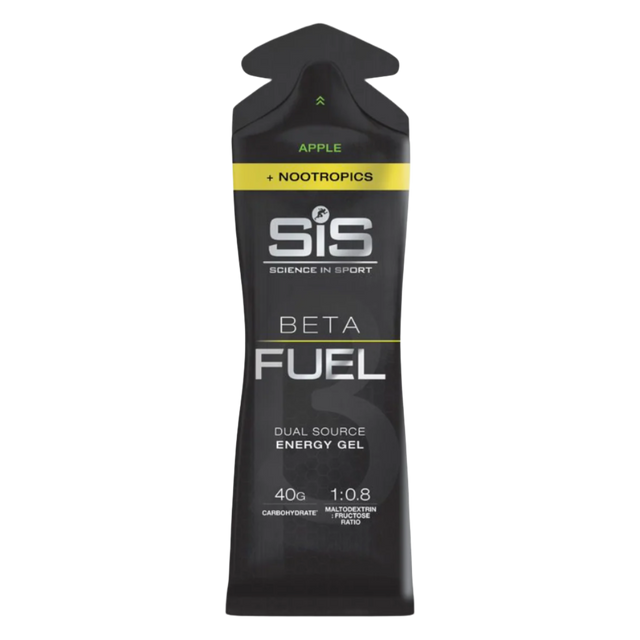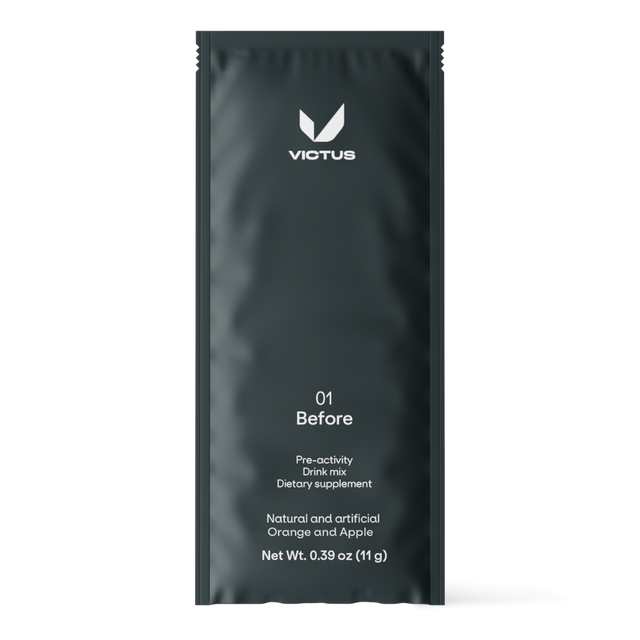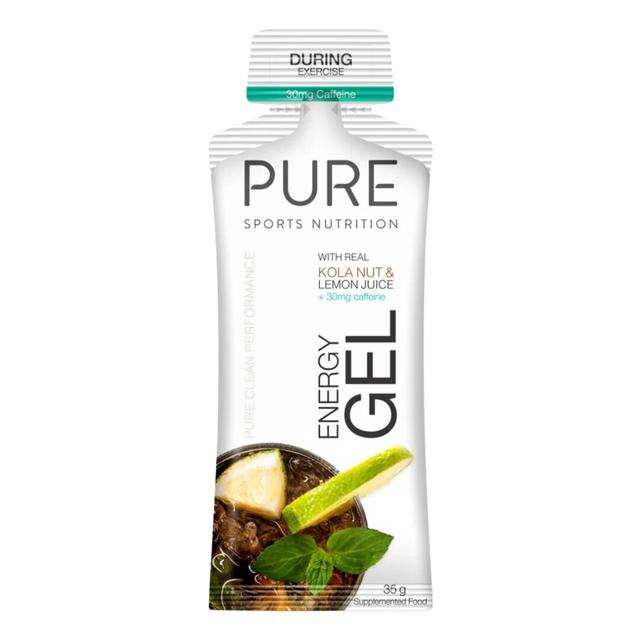Caffeine in Endurance
Caffeine and athletes go together like swimmers and chlorine, inseparable! But is this legal drug just a daily ritual, or could it be the secret weapon for better performance and faster recovery? Let’s dive into what the science really says about caffeine in sport and if you should use it in your next race.
What is Caffeine?
Caffeine is a natural stimulant that affects the central nervous system and is considered the most commonly used behaviourally active drug in the world. While it’s most often found in coffee, it also occurs naturally in tea leaves, cacao beans, and is frequently added to soft drinks, energy drinks, and sports supplements (1,2).
*150mg of caffeine per double shot of coffee*
Can Caffeine Enhance Sports Performance?
Yes, primarily by stimulating the central nervous system and reducing the perception of effort and fatigue. However it also boosts alertness, enhances calcium release in muscles and helps spare glycogen. Here is the grind, broken down:
→ Recommended dose is between 3-6 mg/kg (3)
→ Easy there caffeine cowboys, more than 9mg/kg won’t boost performance any further (3)
→ Caffeine is effective for endurance events with a sustained, time-trial component (e.g. triathlons, marathons, long-distance swimming) (4)
→ Responses vary widely with some athletes experience big gains, others little to none (5)
→ Factors like dosage, timing, tolerance, training level, and even genetics (CYP1A2, ADORA2A) play a role in caffeine's ergogenic aid effect (5)
→ Supplement form has a greater ergogenic effect compared to caffeine from coffee (6)
→ No need to pair your caffeine with carbs to get the benefits, however carbs are king for maximising overall endurance performance (7)
Can Caffeine Help With Recovery?
Yes. The combination of carbs and caffeine has been proven to increase the rate of glycogen synthesis post exercise (8,9). Increased glycogen synthesis means your muscles recover faster, you feel less fatigued and you’re ready to train again sooner.
Will Caffeine Dehydrate Me?
No. Although caffeine is often thought to cause dehydration or reduce heat tolerance, research says otherwise.
→ A University of Connecticut review found that moderate caffeine intake does not; disrupt fluid-electrolyte balance, increase the risk of hyperthermia, or reduce tolerance to exercise in the heat (10).
→ When caffeine comes from drinks like coffee, tea, or sports drinks, the fluid volume offsets any mild diuretic effect (11,12,13).
Should I Use Caffeinated Products?
Caffeine can give you an edge, but it’s all about timing, dosing, and knowing what works for your body.
→ The recommended amount of caffeine is 3-6 mg/kg body weight.
→ For a 70 kg person, this would be 210-420 mg of caffeine total.
→ Caffeinated sports products vary from very small amounts of caffeine to 200mg in one serving. Also keep in mind that we should limit caffeine intake to ≤400 mg per day (3,14,15,16).
→ Be sure to calculate your daily drinks into this caffeine consumption.
→ If you're accustomed to caffeine before exercise, stick with that routine.
→ If you're not used to it, consider taking caffeine mid-race for a boost toward the finish.
→ Always trial caffeine strategies first in training.
Some Caffeine Products We Love:
→ 20mg of caffeine- GU Energy Stroopwafel Caramel Coffee (with caffeine)
→ 30mg of caffeine- Pure Sports Nutrition - Cola (with caffeine)
→ 50mg of caffeine- 226ERS Vegan Gummy Energy Bar
→ 100mg of caffeine- Maurten - Gel 100 Caf 100
→ 150mg of caffeine- Styrkr Gel30 Dual-Carb Energy Gel
→ 200mg of caffeine- Science In Sport (SIS) Beta Fuel Energy Gel + Nootropics
→ 200mg of caffeine- Victus 01 Before
View our full caffeinated range here
Ash Miller
Dietitian and Nutritionist (Masters)
Bachelor of Physical and Health Education
Instagram: @ashthomo_nutrition
Disclaimer:
The content in this blog is for general information only and is not a substitute for professional medical advice, diagnosis, or treatment. Always speak with your doctor or allied health team before changing your diet, exercise, or taking supplements, especially if you have a health condition or take medication. Please use this information as a guide only. Aid Station doesn't take responsibility for individual outcomes.
References:
-
Evans J, Richards JR, Battisti AS. Caffeine. [Updated 2024 May 29]. In: StatPearls [Internet]. Treasure Island (FL): StatPearls Publishing; 2025 Jan-. Available from: https://www.ncbi.nlm.nih.gov/books/NBK519490/
-
Juliano LM, Griffiths RR. A critical review of caffeine withdrawal: empirical validation of symptoms and signs, incidence, severity, and associated features. Drug Alcohol Depend. 2004 Oct 11;76(1):1-29. doi:10.1016/j.drugalcdep.2004.04.003. PMID: 15337332.
-
Goldstein, E.R., Ziegenfuss, T., Kalman, D. et al. International society of sports nutrition position stand: caffeine and performance. J Int Soc Sports Nutr 7, 5 (2010). https://doi.org/10.1186/1550-2783-7-5
-
Fredholm BB, Battig K, Holmen J, Nehlig A, Zvartau EE: Actions of caffeine in the brain with special reference to factors that contribute to its widespread use. Pharmacol Rev. 1999, 51: 83-133.
-
Martins GL, Guilherme JPLF, Ferreira LHB, de Souza-Junior TP, Lancha AH Jr. Caffeine and Exercise Performance: Possible Directions for Definitive Findings. Front Sports Act Living. 2020 Dec 11;2:574854. doi: 10.3389/fspor.2020.574854. PMID: 33345139; PMCID: PMC7739593.
-
McArdle WD, Katch FI, Katch VL: Exercise physiology. Energy, nutrition, & human performance. 2007, Baltimore Lippincott, Williams & Wilkins, (Series Editor)
-
Jacobson TL, Febbraio MA, Arkinstall MJ, Hawley JA: Effect of caffeine co-ingested with carbohydrate or fat on metabolism and performance in endurance-trained men. Exp Physiol. 2001, 86: 137-44. 10.1113/eph8602072.
-
Battram DS, Shearer J, Robinson D, Graham TE: Caffeine ingestion does not impede the resynthesis of proglycogen and macroglycogen after prolonged exercise and carbohydrate supplementation in humans. J Appl Physiol. 2004, 96: 943-950. 10.1152/japplphysiol.00745.2003.
-
Pedersen DJ, Lessard SJ, Coffey VG, Churchley EG, Wootton AM, Ng T, Watt MJ, Hawley JA: High rate of muscle glycogen resynthesis after exhaustive exercise when carbohydrate is coingested with caffeine. J Appl Physiol. 2008, 105: 7-13. 10.1152/japplphysiol.01121.2007.
-
Armstrong LE, Casa DJ, Maresh CM, Ganio MS. Caffeine, fluid-electrolyte balance, temperature regulation, and exercise-heat tolerance. Exerc Sport Sci Rev. 2007 Jul;35(3):135–40. doi:10.1097/JES.0b013e3180a02fa8. PMID: 17620932.
-
Seal et al. (2017), Seal AD, Bardis CN, Gavrieli A, Grigorakis P, Adams JD, Arnaoutis G, Yannakoulia M, Kavouras SA. Coffee with high but not low caffeine content augments fluid and electrolyte excretion at rest. Front Nutr. 2017;4:40. doi:10.3389/fnut.2017.00040.
-
Killer et al. (2014), Killer SC, Blannin AK, Jeukendrup AE. No evidence of dehydration with moderate daily coffee intake: a counterbalanced cross-over study in a free-living population. PLoS One. 2014 Jan 9;9(1):e84154. doi:10.1371/journal.pone.0084154. PMID: 24497951
-
Maughan et al. (2016), Maughan RJ, Watson P, Cordery PA, Walsh NP, Oliver SJ, Dolci A, Rodriguez-Sanchez N, Galloway SD. A randomized trial to assess the potential of different beverages to affect hydration status: development of a beverage hydration index. Am J Clin Nutr. 2016 Mar;103(3):717-23. doi:10.3945/ajcn.115.114769. PMID: 26961966
-
Burke LM. (2008). Caffeine and sports performance. Appl Physiol Nutr Metab.
-
Ganio MS et al. (2009). Evidence-based approach to endurance performance. Sports Med.
-
Nawrot P, Jordan S, Eastwood J, Rotstein J, Hugenholtz A, Feeley M. Effects of caffeine on human health. Food Addit Contam. 2003 Jan;20(1):1–30. doi: 10.1080/02652030310001620216.

